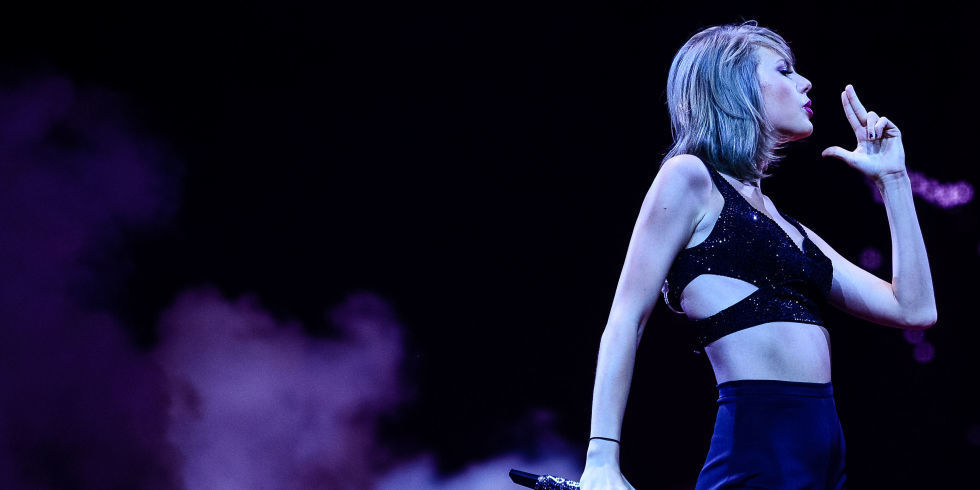On Sunday, June 21, 2015, female musician Taylor Swift wrote an open letter to Apple about the reason she won’t allow her album 1989 to stream on Apple Music when it launches on June 30.
“I’m sure you are aware that Apple Music will be offering a free 3 month trial to anyone who signs up for the service,” Taylor wrote on Tumblr. “I’m not sure you know that Apple Music will not be paying writers, producers, or artists for those three months. I find it to be shocking, disappointing, and completely unlike this historically progressive and generous company.”
She also made it clear that this was not about her – she did, after all, make $64 million in 2014 – and that she’s instead worried about ‘the new artist or band that has just released their first single and will not be paid for its success.’ “This is about the young songwriter who just got his or her first cut and thought that the royalties from that would get them out of debt,” she continued. “This is about the producer who works tirelessly to innovate and create, just like the innovators and creators at Apple are pioneering in their field…but will not get paid for a quarter of a year’s worth of plays on his or her songs.”
Taylor’s celebrity friends quickly came out in support of her letter, including her boyfriend Calvin Harris.
Later that day, Apple announced that it would change its policy and would pay labels for streaming during the free-trial period. In an interview with Billboard, Apple‘s senior vice president of Internet Software and Services, Eddy Cue confirmed that Taylor’s post helped him change his mind on the issue. “When I woke up that morning and saw what Taylor had written, it really solidified that we needed a change,” he said. “And so that’s why we decided we will now pay artists during the trial period.”
Swift and Calvin Harris responded with joy on Twitter. Calvin even referred to T-Swift as ‘my girl’ in his post.
This year, Swift has questioned the business practices of streaming services, writing an op-ed for The Wall Street Journal in July 2014 and pulling her entire catalog from Spotify in November of the same year. “I think there should be an inherent value placed on art,” she told TIME of that decision. “I didn’t see that happening, perception-wise, when I put my music on Spotify.”

